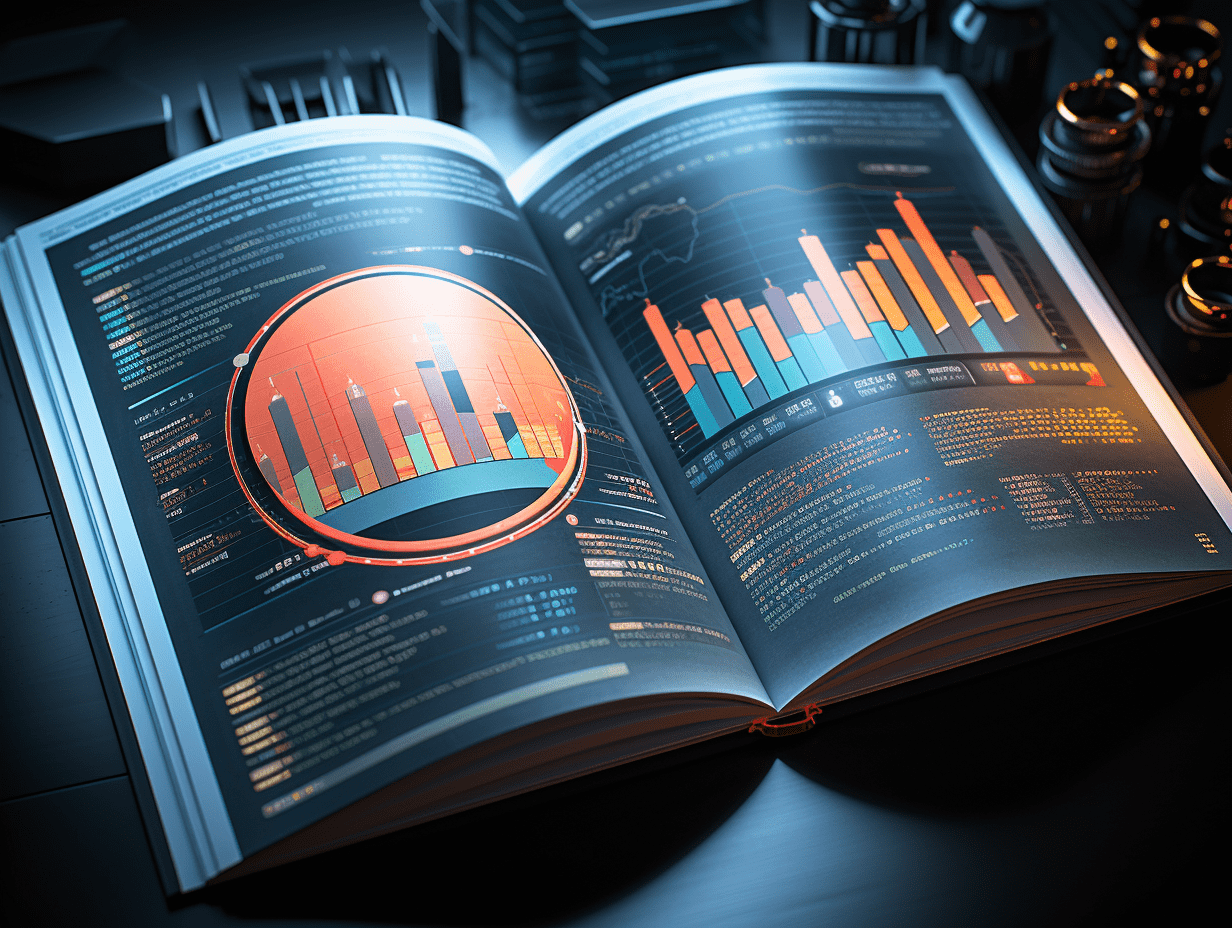Who can survive the burst of the AI bubble? Among the seven giants, Alphabet (GOOGL.US) and Apple Inc. (AAPL.US) could be "laughing to the end".
Large technology companies led by the "Big Seven Tech Titans" in the US stock market are engaged in a fierce AI arms race.
Currently, large technology companies led by the "Tech Big Seven" in the US stock market are engaged in a fierce AI arms race, triggering an unprecedented capital expenditure boom, massively building AI infrastructure to seize the first-mover advantage in the industry revolution.
However, with concerns about the AI bubble rising, the recent major sell-off in the US tech sector has investors increasingly worried about whether the massive AI capital expenditure by tech giants will bring corresponding returns in the future.
The recent sell-off has hit large tech companies like Meta hard, but two US "Big Seven" companies' stock prices have risen against the trend, showing tremendous resilience in the tech stock sell-off.
These two companies are Alphabet, the parent company of Google, and Apple, showing that their AI strategies are gaining market recognition.
Alphabet and Apple are laughing last
During the AI boom, the tech industry was jubilant. But what if the AI boom starts to fade? Now investors must consider: if the AI fever cools down, which companies will "laugh last"?
The Nasdaq Composite Index, dominated by tech stocks, has fallen by 6.1% since early November. After the third-quarter earnings season, concerns about excessive AI spending exploded, even though Nvidia released strong earnings last Wednesday but failed to stem the sell-off.
Alphabet and Apple have avoided the most severe declines in this adjustment. They are among the few companies in the US "Tech Big Seven" whose stocks have still risen in the past three weeks, up by 6.6% and 0.4% respectively as of last Friday's close. This trend indicates that if the AI bubble bursts, Alphabet and Apple not only have the ability to survive the crisis but may even achieve contrarian growth.
The reasons for the outstanding performance of these two companies in recent times are different. Google's artificial intelligence product Gemini continues to gain popularity, especially with the recent launches of Gemini 3 and Nano Banana Pro. While Apple's conservative capital expenditure - which faced harsh criticism earlier this year - has been proven to be an effective hedge against concerns about excessive AI spending.
"Everyone wants to criticize Apple for not having a real AI strategy," said Que Nguyen, Chief Investment Officer of Research Affiliates, "but Apple has shown extremely strong capital discipline. If you are worried about revolving financing and excessive spending issues, Apple has completely avoided these pitfalls."
Revolving financing refers to companies like Nvidia investing in AI-related companies, which then purchase products from the investing company, creating a cycle of funding.
Nguyen points out that Apple mainly promotes its AI strategy by expanding third-party technology within its user base. The company has already partnered with OpenAI to integrate ChatGPT into its operating system and devices, and is reportedly in talks to integrate Gemini into its Apple Intelligence products. In addition, there are reports that Apple is developing AI smart home devices.
The impressive performance of Alphabet's stock price indicates that the market is not always negative about all large-scale AI capital expenditures. In October, the company raised its 2025 AI spending forecast from $85 billion in July to $91-93 billion, and investors were satisfied with its AI performance this year.
In just a few months, Google has not only dispelled investors' concerns about "AI strangling its search business," but has also transformed Gemini from a second-tier chatbot into a strong competitor to OpenAI's ChatGPT. The diversified business segments of Google also provide advantages for the promotion and commercialization of its AI technology.
In contrast, after Meta CEO Zuckerberg announced an accelerated AI investment plan, the company's stock price has fallen by 8.3% this month. Investors are concerned about the company's irrational capital expenditure and lack of a clear AI strategy.
Nathaniel Liddle, Senior Fixed Income Research Analyst at Columbia Threadneedle, said that super-scale cloud service providers like Google are well prepared for the downturn in the AI industry.
OpenAI has reached an AI infrastructure agreement worth over $1.4 trillion, but it is currently unclear how the company will fulfill these promises. Its CEO recently stated on X that the company is expected to exceed $20 billion in revenue by 2025, but this is only the tip of the iceberg compared to the huge capital expenditure commitments.
Liddle stated last week that in the worst-case scenario - OpenAI fails to make a profit and some of its large AI spending plans do not materialize, it would actually put those "super-scale companies in a fairly advantageous position." He pointed out that the bursting of the AI bubble will eliminate smaller players and trigger a widespread industry spending contraction, breaking the ongoing AI spending race in which tech giants are heavily involved.
Liddle specifically pointed out, "Google will benefit from eliminating potential competition from ChatGPT in the search field and the reduced demand for spending," achieving a win-win situation in terms of profit and cash flow.
Nguyen stated that if the AI trade collapses, Apple could also have the last laugh. He said that during the dot-com bubble era, "those companies that spent money recklessly eventually went bankrupt." For example, telecommunications company Lucent went bankrupt due to dwindling product demand and was eventually acquired by overseas competitors.
"The biggest beneficiaries are the subsequent companies, which bought capacity at low prices," Nguyen added.
Currently, hundreds of billions of dollars are flowing into revolving financing agreements and capital expenditures. If AI fails to generate sufficient investment returns, the demand for AI infrastructure will dry up, and the value of data center assets will significantly shrink. Nguyen believes that if the AI fever cools down, Apple will be in a favorable position to act.
This sell-off also implies potential big losers. If the AI fever fades, orders for hardware suppliers like Nvidia will significantly decrease.
Liddle pointed out that although investment in semiconductors, storage chips, and other AI facilities has been hot this year, it is important to note that "these investments have historically been cyclical" and carry relatively higher risks.
This article is a reprint from Caixin, GMTEight Editor: Wang Qiujia.
Related Articles

Northeast: Music ecosystem giant NETEASE MUSIC (09899) benefits from rapid industry growth.

Bidding for Warner Bros. (WBD.US) enters a critical period, while Paramount Skydance (PSKY.US) speeds up the antitrust review process.

US Stock Market Move | Multiple departments issued letters to support the new consumption and financial consumption driving LexinFintech Holdings Ltd. Sponsored ADR Class A (LX.US) to rise by 6.04%.
Northeast: Music ecosystem giant NETEASE MUSIC (09899) benefits from rapid industry growth.

Bidding for Warner Bros. (WBD.US) enters a critical period, while Paramount Skydance (PSKY.US) speeds up the antitrust review process.

US Stock Market Move | Multiple departments issued letters to support the new consumption and financial consumption driving LexinFintech Holdings Ltd. Sponsored ADR Class A (LX.US) to rise by 6.04%.

RECOMMEND

Nine Companies With Market Value Over RMB 100 Billion Awaiting, Hong Kong IPO Boom Continues Into 2026
07/02/2026

Hong Kong IPO Cornerstone Investments Surge: HKD 18.52 Billion In First Month, Up More Than 13 Times Year‑On‑Year
07/02/2026

Over 400 Companies Lined Up For Hong Kong IPOs; HKEX Says Market Can Absorb
07/02/2026


